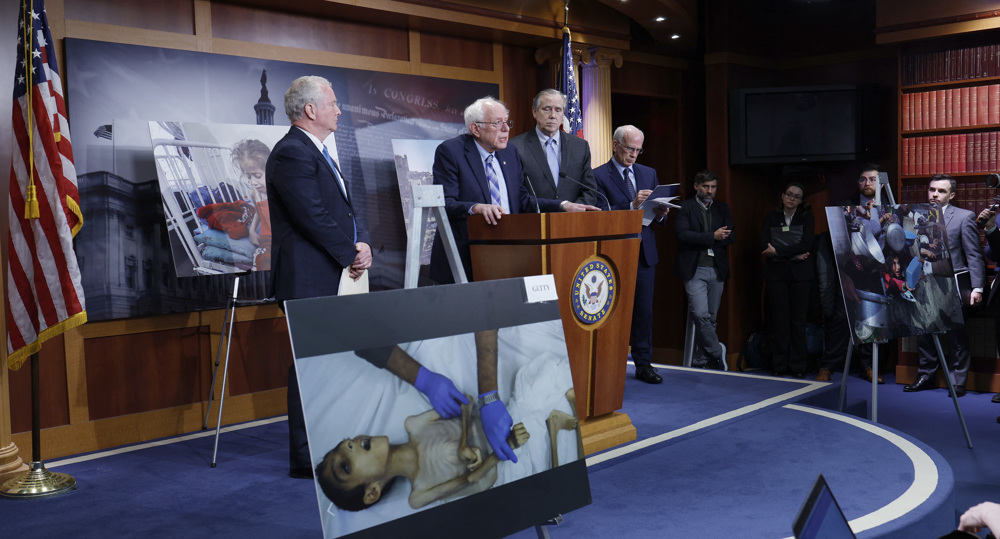US accuses China of 'super aggressive' spy campaign on LinkedIn
The United States has accused Chinese intelligence agencies of using fake LinkedIn accounts in a bid to recruit US citizens who have access to government and commercial secrets.
In an exclusive interview with Reuters, William Evanina, the US counter-intelligence chief, said that intelligence and law enforcement officials had informed LinkedIn of China’s “super aggressive” efforts on the site.
Evanina alleged that the Asian country’s espionage agencies contact thousands of LinkedIn members at a time, but declined to give further details like how many Americans may have been contacted.
Previously, German and British authorities had told their citizens that Beijing was allegedly using LinkedIn, which is owned by Microsoft Corp., in order to recruit them as spies. But this is the first time a US official has made such an allegation, saying it is a bigger problem now than before.
Evanina urged LinkedIn to look at copying the response of Twitter, Google and Facebook, which have all purged fake accounts.
“I recently saw that Twitter is cancelling, I don’t know, millions of fake accounts, and our request would be maybe LinkedIn could go ahead and be part of that,” said Evanina, who heads the US National Counter-Intelligence and Security Center.

Meanwhile, LinkedIn’s head of trust and safety, Paul Rockwell, confirmed the company had had discussions with US law enforcement agencies about the alleged Chinese espionage efforts.
Earlier this month, LinkedIn said it had taken down “less than 40” fake accounts whose users were trying to contact LinkedIn members associated with unidentified political organizations.
However, Rockwell did not clarify whether or not those were Chinese accounts.
“We are doing everything we can to identify and stop this activity,” Rockwell told Reuters.
He went on to say that the company takes “very prompt action to restrict accounts and mitigate and stop any essential damage that can happen,” but gave no further details.
In response, China’s foreign ministry issued a statement, refuting Evanina’s allegations.
“We do not know what evidence the relevant US officials you cite have to reach this conclusion. What they say is complete nonsense and has ulterior motives,” said the statement.
VIDEO | Jordanians continue rallies to denounce Israeli genocide in Gaza, Lebanon
6 Israeli soldiers commit suicide: Reports
Diplomat discourages recourse to pressure, intimidation, confrontation against Iran
UN: 2024 deadliest year for aid workers amid genocide in Gaza
Gaza health official warns of hospital shutdowns within 48 hours
Israel kills 5 more paramedics in southern Lebanon: Health ministry
Iran to launch ‘new, advanced’ centrifuges in response to IAEA resolution: AEOI
Yemen fires hypersonic missile at Israeli airbase










 This makes it easy to access the Press TV website
This makes it easy to access the Press TV website